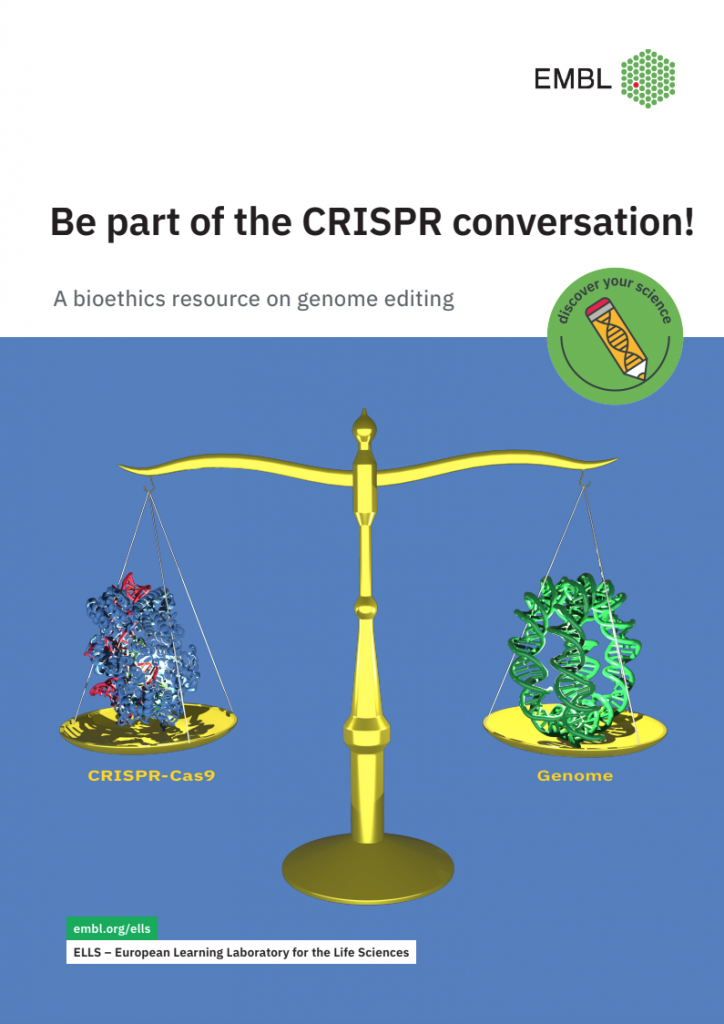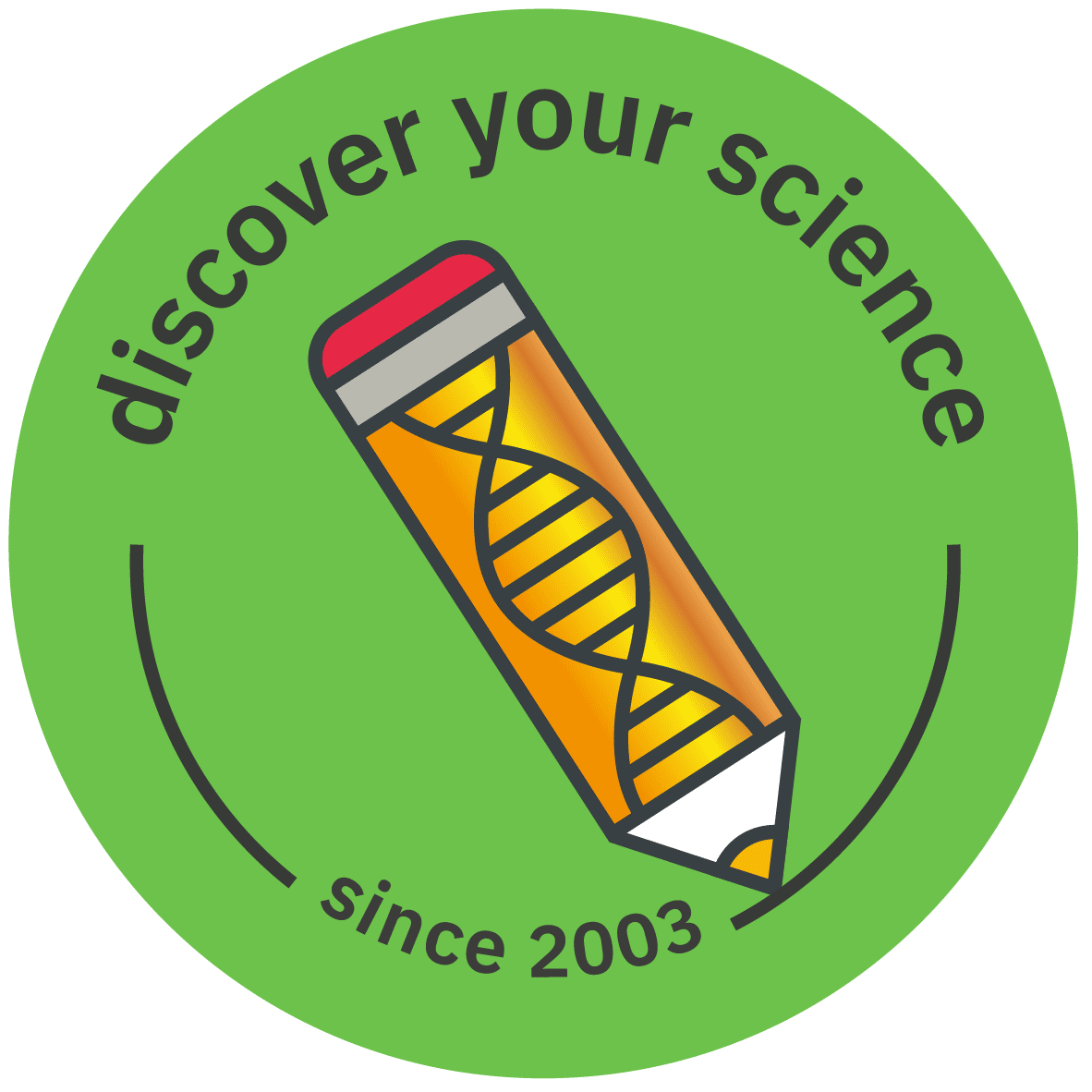Introduction
Be part of the CRISPR conversation!
A bioethics resource on genome editing
Ethical considerations are indivisibly intertwined with issues of genome editing and human health. This resource introduces students to ethical issues connected with the use of the CRISPR-Cas9 genome editing tool in various areas of research. It also encourages students to reflect and discuss the implications that come with this powerful technology.
The resource will demonstrate that every student interested in the life sciences more generally and genome editing specifically, has a role to play in furthering the debate. By switching between team and individual work, the resource aims to prompt a respectful exchange of opinions and evidence-based discussions.
We believe that foundational knowledge in ethics is essential to ensure we have educated, informed citizens, who will, of course, eventually be the individuals making decisions that have the capacity to impact us all.
Teaching instructions
This resource is intended for students aged 16-19 years. Students should be familiar with concepts such as inheritance, population genetics, ecology and protein function. A basic understanding of genome editing and CRISPR-Cas9 is welcome.
The resource consists of 4 tasks in total.
The first task invites students to put themselves in the shoes of a scientist and consider the ethical aspects related to the research project.
Next, students get familiar with different areas of application of CRISPR-Cas9 genome editing and by doing so they identify practices that undermine or uphold the welfare of humans, animals and plants.
Students then determine their personal stance on the use of CRISPR-Cas9 by writing their names in a “value-line” and justifying their position.
In a final task, students get to know the latest European commentary on the topic of genome editing and identify occupational roles that can help them enter the conversation on genome editing and accomplish the European recommendations.
By using this resource, students will
- Become familiar with the ethical dimension of genome editing
- Evaluate the application of CRISPR-Cas9 genome editing in different fields
- Identify categories of ethics applicable to genome editing
Students will also practice their critical thinking and decision-making skills based on scientific evidence.
Resource package
The resource package includes a teacher’s guide, a student handout, fact sheets and an Annex with supporting discussion prompts, reading and video material.
Download the resource
Click on the buttons below to reach the resource available in Italian and English.
Partecipa al dibattito sul CRISPR!Be part of the CRISPR conversation!

